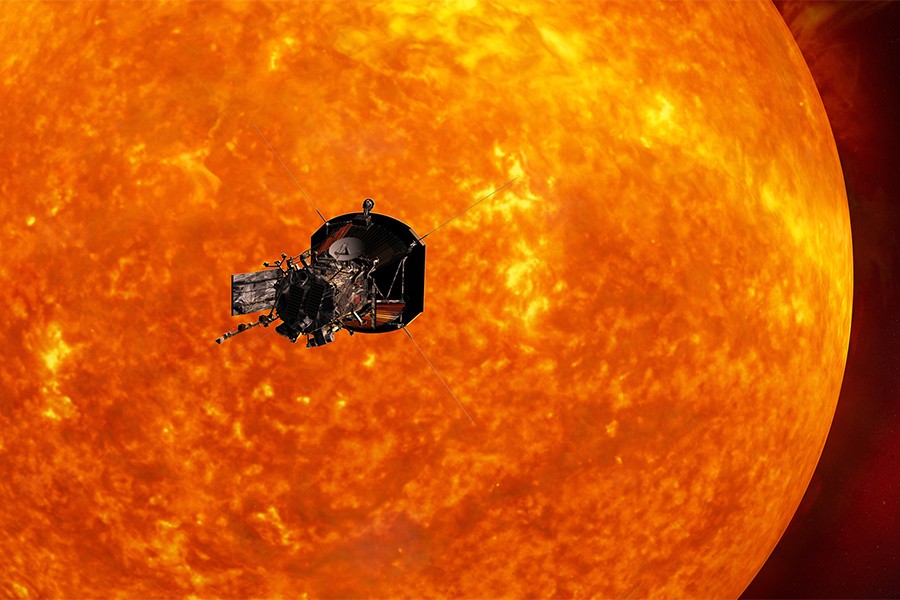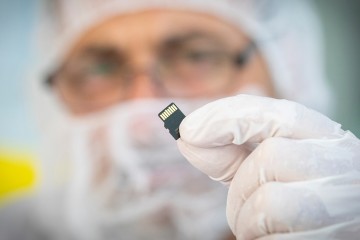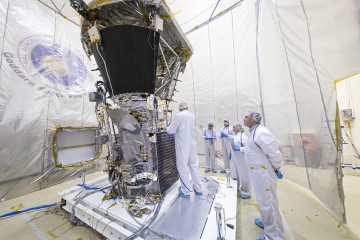The opening of this summer's launch window for the Parker Solar Probe has been delayed slightly to accommodate further software testing of spacecraft systems, NASA and the Johns Hopkins University Applied Physics Laboratory announced Friday.
The spacecraft, which is destined for the sun, will now launch no earlier than Aug. 4. The launch window was originally scheduled to open on July 31.
The Parker Solar Probe will launch on a United Launch Alliance Delta IV Heavy rocket from Space Launch Complex 37 on Cape Canaveral Air Force Station in Florida. The spacecraft will fly closer to the sun's surface than any spacecraft before it, facing brutal heat and radiation conditions and ultimately providing the first-ever scientific samplings of a star's corona.
Throughout its seven-year mission, Parker Solar Probe will explore the sun's outer atmosphere and make critical observations to answer decades-old questions about the physics of stars. Its data will also be useful in improving forecasts of major eruptions on the sun and the subsequent space weather events that impact technology on Earth, as well as satellites and astronauts in space.
The mission is named for University of Chicago Professor Emeritus Eugene N. Parker, whose profound insights into solar physics and processes have guided the discipline. It is the first NASA mission named for a living individual.
APL designed, built, and manages the mission for NASA. Instrument teams are led by researchers from the University of California, Berkeley; the University of Michigan, Ann Arbor; the Naval Research Laboratory in Washington, D.C.; Princeton University; and the Smithsonian Astrophysics Observatory in Cambridge, Massachusetts.
Posted in Science+Technology











